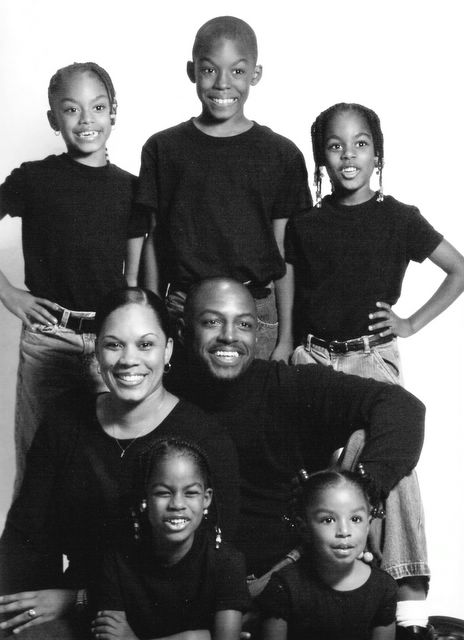 The much anticipated book The Decline of African-American Theology: From Biblical Faith to Cultural Captivity has finally arrived to an internet bookstore near you. Our brother Thabiti Anyabwile has done the body of Christ (and the African-American Church in particular) a wonderful service in detailing the decline of historic, biblical, and reformed Christianity within the predominantly African-American Church. Admittedly, this decline is not just located in churches where the membership has been predominantly black, but the decline is easily traced in the broader body of Christ in America as well. Nevertheless, Thabiti puts our focus upon the rarely-criticized, though needing-critique, predominantly African-American expression of Christianity. I am sure that reviews will begin to appear, even as some have offered their pre-publication critique of this work. As I make my way through it, I want to offer, not so much a review but some of the helpful and insightful thoughts of my brother that have particularly struck me in each section. I begin with a point concerning the nature and inspiration of Scripture. According to Thabiti, the Methodist Daniel Payne's (1811-1893) view of Scripture was thus:
The much anticipated book The Decline of African-American Theology: From Biblical Faith to Cultural Captivity has finally arrived to an internet bookstore near you. Our brother Thabiti Anyabwile has done the body of Christ (and the African-American Church in particular) a wonderful service in detailing the decline of historic, biblical, and reformed Christianity within the predominantly African-American Church. Admittedly, this decline is not just located in churches where the membership has been predominantly black, but the decline is easily traced in the broader body of Christ in America as well. Nevertheless, Thabiti puts our focus upon the rarely-criticized, though needing-critique, predominantly African-American expression of Christianity. I am sure that reviews will begin to appear, even as some have offered their pre-publication critique of this work. As I make my way through it, I want to offer, not so much a review but some of the helpful and insightful thoughts of my brother that have particularly struck me in each section. I begin with a point concerning the nature and inspiration of Scripture. According to Thabiti, the Methodist Daniel Payne's (1811-1893) view of Scripture was thus:The only safe guide for a man or woman, young or old, rich or poor, learned or unlearned, priest or people is the Bible, the whole Bible, nothing but the Bible. (p. 30)
In demonstrating how the view of Scripture has devolved, Thabiti quotes the contemporary Methodist theologian James Cone as saying:
I still regard the Bible as an important source of my theological reflections, but not the starting point. The black experience and the Bible together in dialectical tension serve as my point of departure today and yesterday. The order is significant. I am black first-and everything else comes after that. (p. 52)
In reading this section and Thabiti's careful comparison and evaluation of the erosion of the doctrine of Scripture, it occurred to me that our spiritual fathers approached liberation through the foundational objective truth of the Scriptures. Cone approaches Scripture through the subjective, self-establishing notion of liberation. There is a world of difference between these two views. There is a world of difference between the view of Scripture of the church in Payne's day and the view of Scripture of the same church today.
You can read Thabiti to learn more. I am.

1 comment:
I ordered my copy last week, and waiting for it to come. I cannot wait to read this book! I believe it will be an valuable resource for the reforming of the black church.
Post a Comment